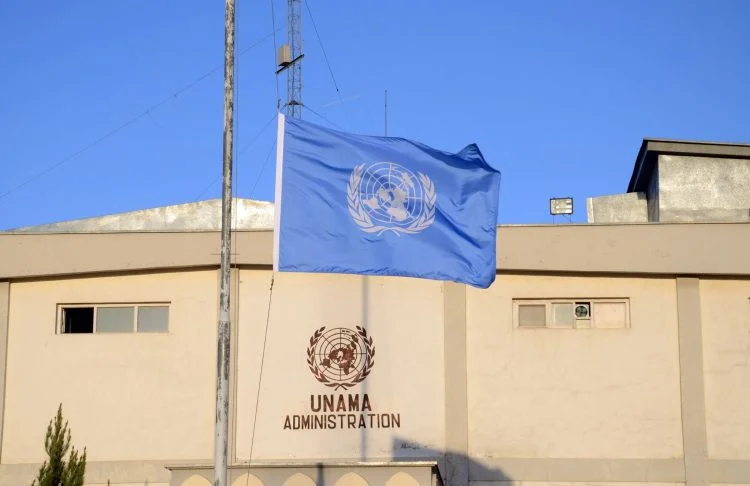The Canadian police have arrested Inderjeet Gosal, a top operative of Sikhs for Justice (SFJ), an outfit banned in India, in connection with last week’s pro-Khalistani attack on Hindu devotees at a temple in Brampton, officials said on Sunday.
Gosal is SFJ’s coordinator for Canada and was an associate of slain Khalistani terrorist Hardeep Singh Nijjar. He was also the organiser of the recent Khalistan referendum, calling for an independent Sikh homeland in Punjab, according to Canadian newspaper Torronto Star.
The 35-year-old Khalistani terrorist has been charged with assault with a weapon following the protest outside the Hindu Sabha Mandir, authorities added.
“On November 8, 2024, he [Gosal] was arrested and charged with Assault with a Weapon. He was released on conditions and is to appear at the Ontario Court of Justice in Brampton at a later date,” Peel Region Police said in a statement.
The police have previously arrested three people in connection with the violence and subsequent demonstrations.
Also See: Violence Disrupts Consular Camp at Hindu Temple in Brampton
On November 4, a pro-Khalistani mob holding a demonstration near the temple to mark the 40th anniversary of the Sikh riots attacked several Hindu devotees as tensions escalated into violence. India strongly responded to the incident with Prime Minister Narendra Modi condemning the “deliberate attack” and “cowardly attempts to intimidate our diplomats”. The incident also drew widespread international criticism directed at Canada.
Police added that “complex investigations” such as these take time and that individuals are arrested as they are identified and in no specific order.
The police said, “A Strategic Investigative Team dedicated to investigating incidents of criminality during the November 3 and 4 incidents has since been formed” and “Investigators continue to analyse hundreds of videos of the incidents and are working to identify additional suspects involved in criminality and anticipate further arrests”.
Following the pro-Khalistani mob attack, a massive protest erupted outside the Brampton temple. The demonstrations–both Hindus and Sikhs–spilled over to two other locations in Mississauga, with hundreds of demonstrators gathering.
Earlier, a Canadian cop, Harinder Sohi, was suspended for participating in the pro-Khalistan protest. He was caught on camera holding a Khalistan flag, while others in the protest chanted anti-India slogans.
This news is sourced from India Today and is intended for informational purposes only.

![SFJ operative arrested in connection with the pro-Khalistani attack on Hindu devotees at a Brampton temple, Canada. [Image via India Today]](https://southasiatimes.org/wp-content/uploads/2024/11/hindu-temple-attack-in-canada-043023697-16x9-1.webp)




